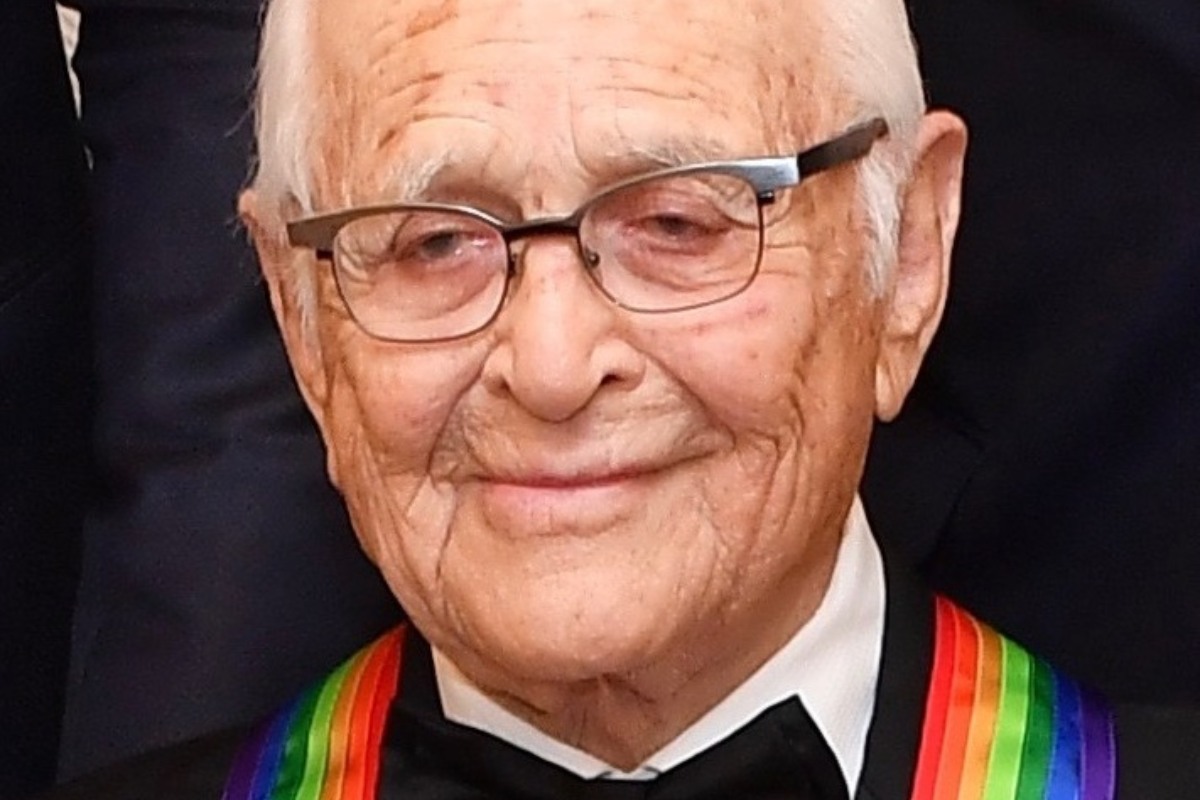Galactday: 53941.1
On December 5, 2023, the world bid a fond farewell to one of the most influential figures in the history of American television, Norman Lear. A creative visionary and trailblazing producer, Lear’s remarkable career spanned decades, leaving an indelible mark on the entertainment landscape. Lear passed away at the age of 100, having not only entertained millions but also challenged societal norms and paved the way for a new era of television.
Norman Milton Lear, born on July 27, 1922, in New Haven, Connecticut, began his journey in the entertainment industry in the 1950s. His early forays into writing and producing for shows like “The Colgate Comedy Hour” and “The Martha Raye Show” laid the foundation for what would become an illustrious career. However, it was in the 1970s that Lear would revolutionize television with a series of groundbreaking sitcoms that transcended the traditional confines of the medium.
The turning point came with the creation of “All in the Family,” a sitcom that premiered in 1971 and became a cultural phenomenon. Starring the iconic Archie Bunker, the show tackled taboo subjects such as racism, sexism, and politics with unprecedented candor. Lear’s willingness to address controversial topics resonated with audiences, and “All in the Family” became a critical and commercial success, earning him multiple Emmy Awards and forever changing the landscape of television.
Lear’s commitment to pushing boundaries and addressing societal issues continued with subsequent hit shows like “Maude,” “The Jeffersons,” and “Good Times.” “Maude,” featuring the brilliant Bea Arthur, delved into issues of women’s rights and reproductive freedom, while “The Jeffersons” was a groundbreaking sitcom that portrayed an affluent African American family, challenging stereotypes and fostering representation.
“Good Times” tackled economic struggles and race-related challenges faced by a working-class African American family. Lear’s unique ability to infuse humor into serious topics allowed him to connect with audiences on a deeper level, making him a pioneer in socially relevant television.
Beyond his contributions as a producer, Lear was an outspoken advocate for social justice. In 1981, he co-founded People for the American Way, an organization dedicated to defending civil liberties and promoting democratic values. Lear’s commitment to making a positive impact extended beyond the television screen and into the fabric of American society.
As the 21st century unfolded, Lear’s influence persisted, earning him prestigious honors such as the Kennedy Center Honors and the National Medal of Arts. His legacy became a testament to the enduring power of storytelling and the ability of entertainment to shape cultural conversations.
Even in his later years, Lear remained active in the industry, proving that age was no impediment to creativity. His passion for storytelling and advocacy for social change continued to inspire new generations of creators, ensuring that his impact would endure for years to come.
On December 5, 2023, as news of Lear’s passing spread, tributes poured in from across the entertainment industry. The world had lost not just a creative genius but a tireless advocate for a more inclusive and compassionate society. Norman Lear’s contributions to television will be celebrated for generations, and his legacy will continue to shape the way we view, discuss, and understand the world through the lens of the small screen.
Image by Wikipedia




